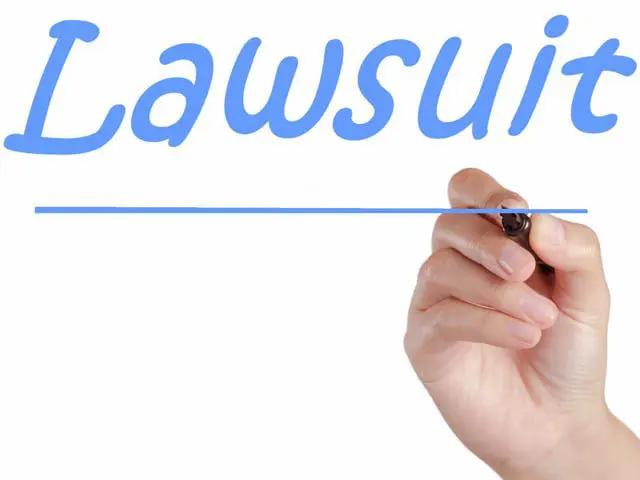Oral Contract
Oral Contracts: Navigating Their Legal Validity and Challenges
In the legal world, the concept of oral contracts often raises questions about their enforceability and validity. While not as formal as written agreements, oral contracts can still hold significant legal weight under certain circumstances. Understanding the nuances of these verbal agreements is crucial for both individuals and legal professionals.
Defining Oral Contracts An oral contract is an agreement made through spoken communication between parties, without the contract being written or formally documented. These agreements are based on the good faith of all parties involved and are often perceived as less formal than their written counterparts.
Legal Validity of Oral Contracts The enforceability of oral contracts varies depending on the jurisdiction and specific circumstances. Generally, oral agreements are legally binding if they meet the basic elements of contract law: offer, acceptance, intention to create legal relations, and consideration (exchange of value).
Challenges in Proving Oral Contracts One of the main challenges with oral contracts is the difficulty in proving their existence and terms, as they lack physical documentation. This often leads to disputes over the details of the agreement. Testimonies, witness statements, and the conduct of the parties can serve as evidence to support the existence and terms of an oral contract.
Limitations and Exceptions Certain types of agreements typically require written contracts to be enforceable. This includes contracts for the sale of real estate, agreements that cannot be performed within one year, and contracts involving significant amounts of money. These limitations are often outlined in statutes, such as the Statute of Frauds.
Importance of Clarity and Mutual Understanding For an oral contract to be effective, there must be clarity and mutual understanding between the parties involved. Ambiguities or misunderstandings can lead to disputes and legal challenges. Clear communication and consensus are key in forming a binding oral agreement.
Oral Contracts in Business and Personal Affairs In business and personal affairs, oral contracts are common but come with risks. Without written documentation, the terms may be subject to interpretation, and proving breach or non-compliance becomes more complicated.
Best Practices for Handling Oral Contracts Legal professionals often advise documenting agreements in writing to avoid ambiguity and provide a clear record of the terms. If an oral contract is unavoidable, it’s recommended to follow up with written confirmation or to keep detailed notes of the agreement.
Resolving Disputes Arising from Oral Contracts Disputes over oral contracts can be complex and require careful legal analysis. Mediation or arbitration may be effective in resolving such conflicts, with legal representation ensuring that parties’ rights and interests are adequately represented.
In conclusion, while oral contracts can be legally binding, they come with inherent risks and challenges. Understanding their legal implications, limitations, and best practices for enforceability is crucial in both personal and professional contexts. As legal scenarios evolve, so does the significance of clear and mutually understood agreements, whether verbal or written.


